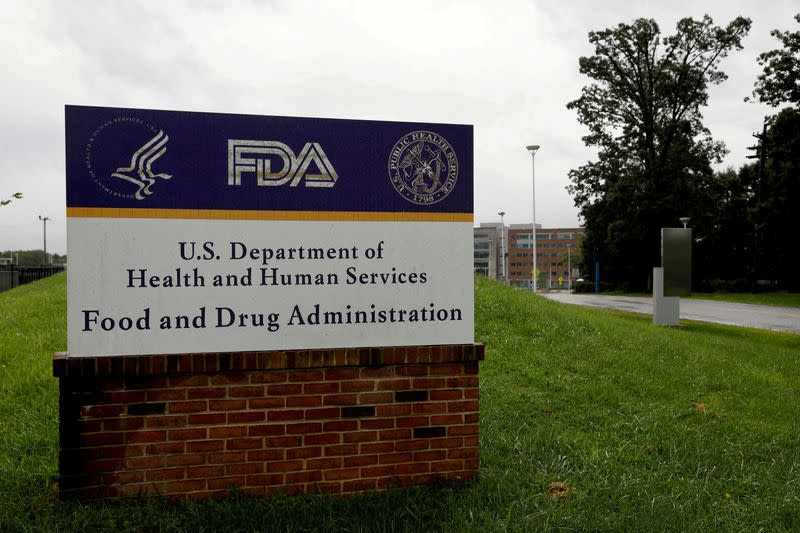US FDA approves Bristol Myers' colorectal cancer therapy

By Christy Santhosh and Unnamalai L
(Reuters) -The U.S. Food and Drug Administration has approved Bristol Myers Squibb's combination therapy for treating colorectal cancer in patients with a specific gene mutation, the health regulator said on Friday.
The approval under the agency's accelerated process was based on an early- to mid-stage study, in which 94 previously treated patients were administered the oral drug Krazati, in combination with cetuximab.
About 34% of the patients who were given the combination treatment showed a partial or complete response to it during the study. The combination also helped increase the time patients lived without the disease worsening by 6.9 months.
Colorectal cancer is the third most common cancer worldwide, accounting for about 10% of all cancer cases. It is the second leading cause of cancer-related deaths worldwide, according to the World Health Organization.
Bristol Myers added Krazati to its portfolio after it completed its up to $5.8 billion acquisition of Mirati Therapeutics in January.
Krazati works by targeting a mutated form of the gene known as KRAS that occurs in 3% to 5% of colorectal cancers. It targets specific gene mutations that drive cancer cell count up regardless of the organ in which the disease originated.
"The approval helps justify Bristol's decision to buy Mirati," Morningstar analyst Damien Conover said. He estimates just over a billion dollars in annual sales for Krazati.
Bristol recorded $21 million in U.S. sales of Krazati for the quarter ended March 31, 2024.
The FDA's decision adds on to Bristol's goal to diversify its oncology business as the company faces pressure from declining demand for two of its top drugs — the blood cancer treatment Revlimid and blood thinner Eliquis, which face generic competition.
Krazati had received accelerated approval from the FDA in 2022 for the treatment of a type of advanced lung cancer with the mutated form of the gene known as KRAS.
(Reporting by Christy Santhosh, Unnamalai L and Puyaan Singh in Bengaluru; Editing by Pooja Desai and Shilpi Majumdar)

